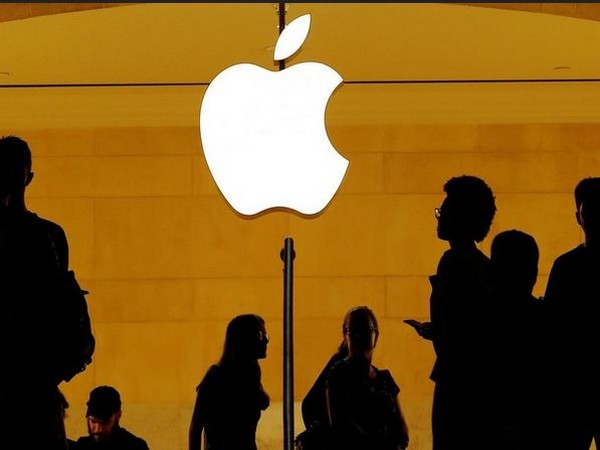Russian antitrust agency complains to Apple over users' limited payment services
Apple did not immediately respond to a request for comment outside U.S. business hours. Russia's Federal Antimonopoly Service (FAS) has fined Apple around $26 million in the last two years related to what it described as Apple's abuse of its dominant position concerning the mobile apps market and in-app payments.

- Country:
- United Kingdom
Russia's antitrust agency on Thursday said it had written to Apple, asking the U.S. tech giant to explain why Russian users of Apple devices do not have access to full functionality of banking and payment services. Apple did not immediately respond to a request for comment outside U.S. business hours.
Russia's Federal Antimonopoly Service (FAS) has fined Apple around $26 million in the last two years related to what it described as Apple's abuse of its dominant position concerning the mobile apps market and in-app payments. Apple has previously "respectfully disagreed" with a FAS ruling that Apple's distribution of apps through its iOS operating system gave its products a competitive advantage.
The FAS said most Russian banks had been removed from the App Store and that Apple was not letting users install apps from anywhere but the App Store, making it impossible for Russian banks and contactless services to function. "The company's actions contain signs of violation of antimonopoly legislation," the FAS said in a statement. "The service sent a letter to the company about the need to submit a detailed, motivated position on this issue to the agency."
Apple last month made a major concession in its battle to protect the dominance of its App Store on iPhones and other devices in Europe, saying developers would be free to distribute their apps directly to consumers. The changes were made to comply with the European Union's Digital Markets Act (DMA).
(This story has not been edited by Devdiscourse staff and is auto-generated from a syndicated feed.)
ALSO READ
Biden Rules Out Talks with Putin Amid Russia's Struggles in Ukraine
Australian-Russian Couple Arrested on Espionage Charges Amid Rising Security Concerns
Biden Warns China Over Support to Russia Amid Ukraine Conflict
Australian Couple Charged with Spying for Russia
Australia Arrests Russian-Born Couple on Espionage Charges










